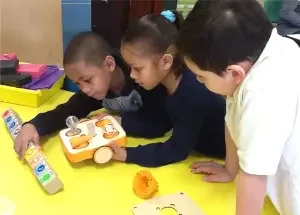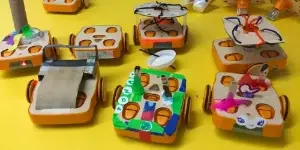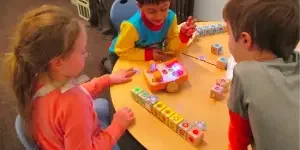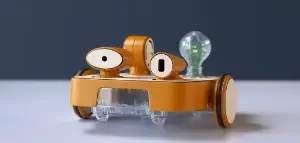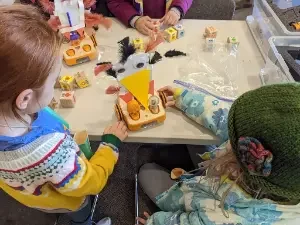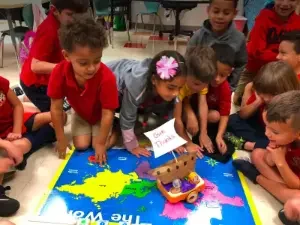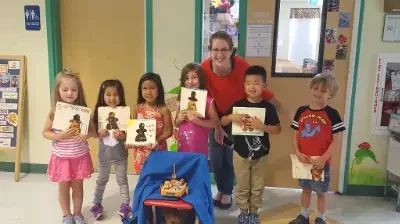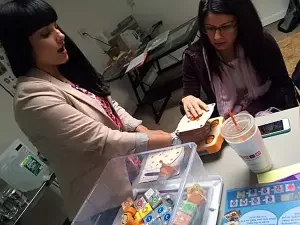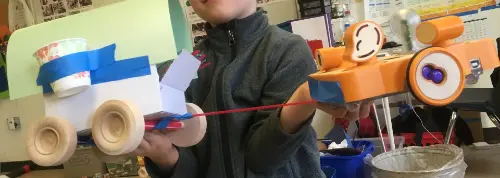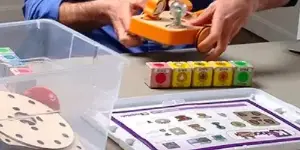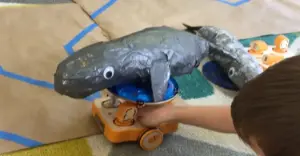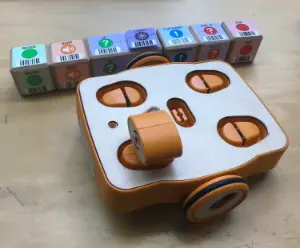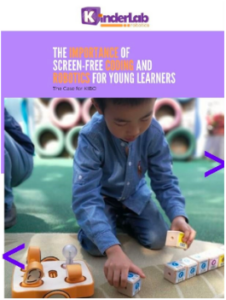EdWeek: Can Computer Coding Be Used to Teach Values? This Scholar Thinks So
In this Education Week article, our co-founder, Dr. Marina Bers describes how coding teaches young learners values and develops character as well as technical skills. Using the metaphor of a “palette of virtues”, Marina describes how coding creates opportunities to explore moral and personal values.
Says Marina:
“Any time we engage in an activity, we are expressing our values. We do this knowingly or unknowingly. The activity of coding is not different. In the book, I suggest 10 different values—such as persistence, curiosity, and generosity—that play out while learning how to program projects that are personally meaningful to the coder. I use the metaphor of a “palette of virtues” to describe these values. The palette of virtues, much like the painter’s palette, is dynamic and can change according to context and goal. For example, by engaging children in a team coding environment, it invites them to be generous with each other through sharing technical knowledge and problem solving together, or when things in the code do not work, it creates opportunities to learn to be patient and to persevere. Learning how to code, in which problem solving is at the center of the activity, provides a wonderful opportunity to explore moral and personal values, since there are not only cognitive dimensions, but also social and emotional aspects.
Through the [Beyond STEM program] project, we brought KIBO robots, an age-appropriate robot that can be programmed with wooden blocks instead of screens, to kindergartners and their teachers in religious and secular schools, in Buenos Aires and Boston. Together, we explored questions such as how can we teach human values through computer programming that represent both universal and particular perspectives? Can coding support character development? How does a robotics-based program not only promote the acquisition of technological skills but also help children become better citizens and human beings? Can coding serve as a bridge by providing another language to get to know others who are different from us? Teachers attending the robotics training came with different levels of KIBO knowledge, but they all left with technical skills and a palette of virtues that allowed them to bring robotics lessons to their early-childhood classrooms. Each school worked to create a story using KIBO robots that would highlight the values of their school and shared the robots with the other participating schools in their area and also with their international counterparts through a virtual portal. In the future, we hope to continue this work by providing more opportunities—face-to-face workshops and virtual interactions—for people from different cultures and ethnicities, religions and countries, and who speak different languages to get to know each other by engaging in the shared, universal language of coding.”
Read the full article.

